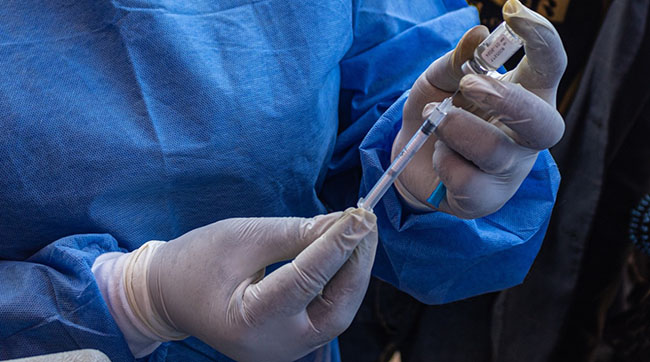Staff Reporter
After more than three years since the World Health Organisation declared Covid-19 a public health emergency of international concern, the status has been officially lifted. The Emergency Committee on the coronavirus disease (Covid-19) recommended this strategic shift due to the increasing global vaccination rates, and the reduced rates of deaths and severe illnesses requiring hospitalisation.
The Africa Centres for Disease Control and Prevention (Africa CDC) welcomed this decision, acknowledging the importance of transitioning to long-term control strategies. The African Union, through the Africa CDC, has provided comprehensive strategic, technical and logistical assistance to its member states, effectively mitigating the severe health impacts and fatalities initially anticipated for the continent.
According to data reported by all 55 African Union Member States, as of 30 April 2023, there have been a total of 12 million Covid-19 cases and 257 032 deaths, representing 2% of global cases and 4% of global deaths. During the period from January to April 2023, Africa reported 74 611 new cases and 508 new deaths, reflecting a remarkable 95% and 98% decrease in the number of new cases and deaths, respectively, compared to the same period in the previous year. These figures mark the lowest recorded number of cases in the same period over the past three years on the continent.
Jean Kaseya, Africa CDC director general, urged African Union member states to maintain different approaches to scaling up Covid-19 vaccinations, including primary and booster doses for vulnerable populations, to continue mitigating the impact of the virus. The goal is to enhance preparedness in the event of any future Covid-19 surges.
The strategic shift will build upon the gains made by member states during the pandemic response, while addressing the setbacks resulting from a narrowly- focused approach. Africa CDC has adapted its strategy by prioritising the vaccination of high-risk and vulnerable populations, developing plans for booster doses, integrating the Covid-19 response into primary healthcare systems, strengthening laboratory systems for genomic sequencing, investing in health workforce development, supporting primary healthcare and early warning data systems, ensuring timely access to continental-level data, and conducting implementation research.



